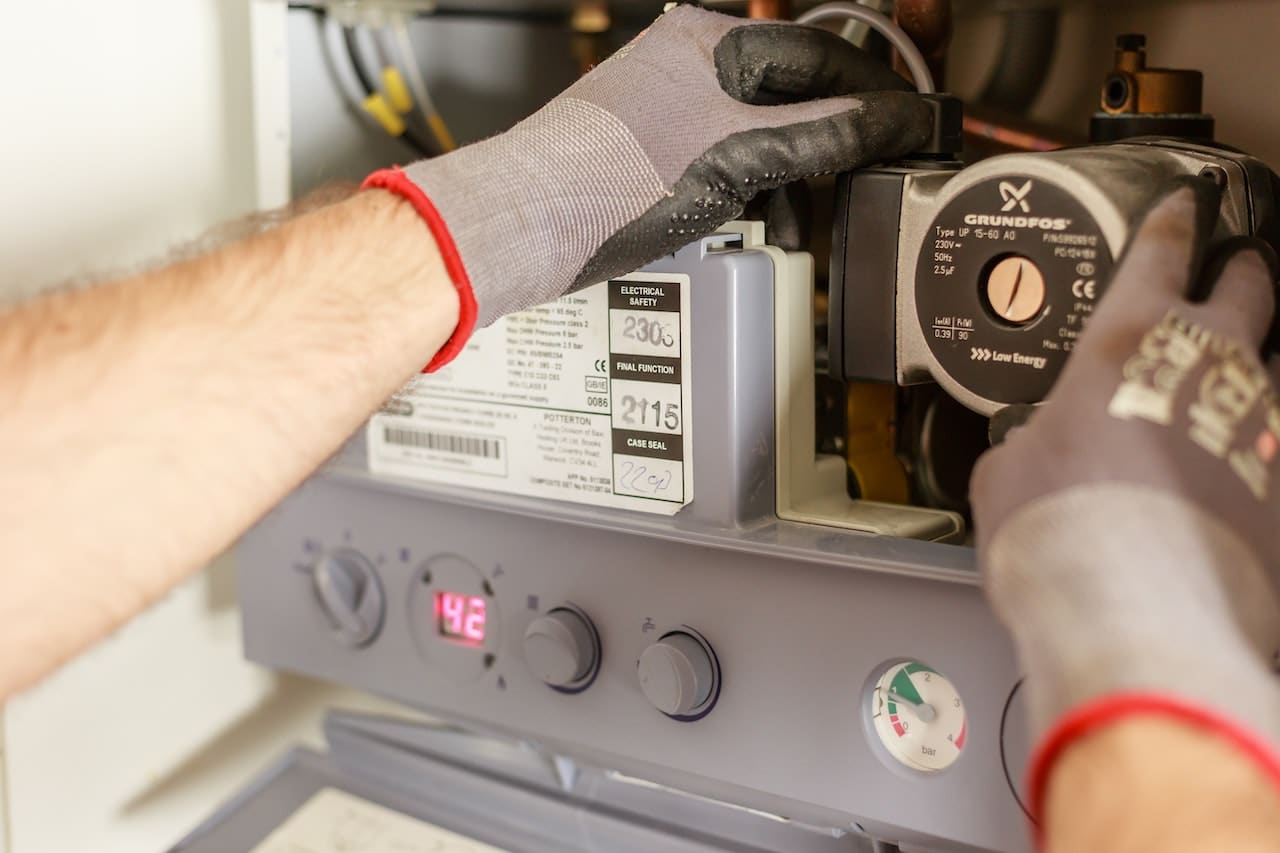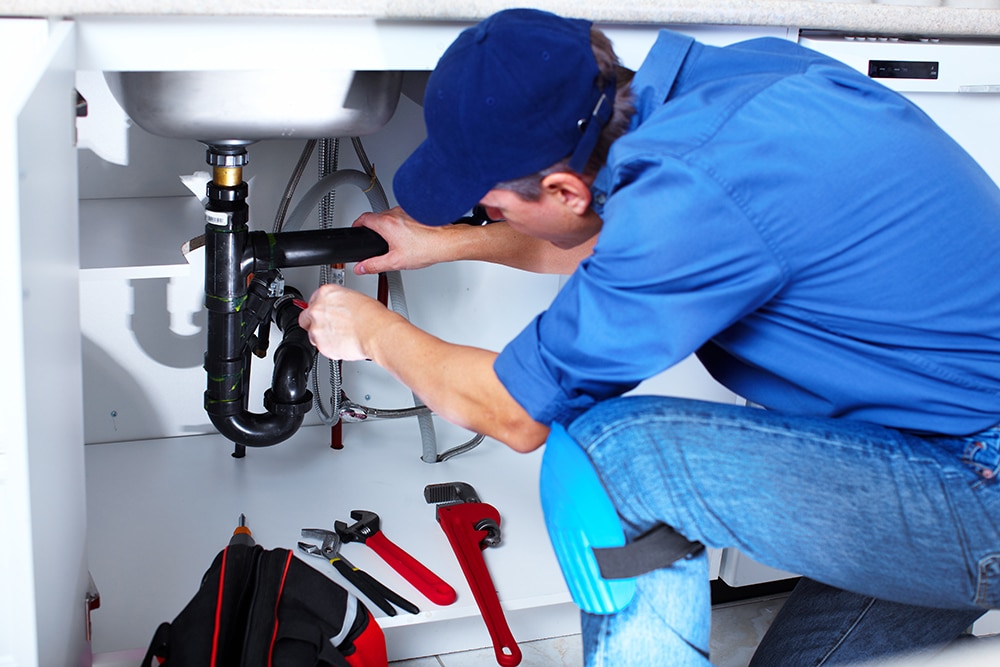The first step in checking for a water leak in your home is to locate your water meter. You can call your local water provider to learn where to locate your meter. After you locate it, you can then look for any signs of a leak.
Detecting a water leak
Water leaks can waste thousands of gallons of water a year, damaging your plumbing system and appliances. Not to mention, they also expose your living space to fungus and microbes. If you suspect your home is leaking, call the professionals for a leak detection and repair service. You can count on professional plumbers to respond quickly to your call and give you a price quote upfront.
One way to prevent water leaks is to use a whole house water filtration system. These systems are effective in removing harmful minerals like calcium, magnesium, and other chemicals from water. They also prevent the deterioration of underground copper pipes. These systems can cost anywhere from $500 to $6,500. You can also turn off the recirculating pump in your water heater so it is not running 24 hours a day. If the pump is not running, it can speed up the deterioration process and cause more damage.
Identifying a leaking pipe
Water leaks can be devastating to your home, destroying appliances, carpeting and more. They can also threaten the structural integrity of your building. If left unattended, a leak can waste tens of thousands of gallons of water each year. If you suspect a leak, it is important to hire a plumber as soon as possible to prevent costly damage. Luckily, professional leak detection is affordable and available through companies such as Rooter Candu Plumbing in Thousand Oaks.
If you suspect your home of having a leaking pipe, look for some tell-tale signs. If you notice a higher-than-usual water bill, a leaking pipe is probably causing the problem. Another common symptom is a foul smell in your home. This could be the result of sewage or dirty water backing up in your pipes.
Detecting a slab leak
Slab leaks are the most common cause of water damage in a home. These leaks are slow and hard to detect. They can cause extensive flooding and property damage, but they can also result in health issues. Luckily, there are a few ways to detect a slab leak.
If your water bill is unusually high, you may have a leaky pipe. This can cause further damage to your home’s slab foundation. A professional plumber can detect and repair a slab leak quickly and efficiently. You may also notice an unusual smell coming from your plumbing system.
Many homes in Southern California were built with concrete slab foundations. These were often poured over copper or galvanized steel water pipes. The water lines in these homes can become corroded and develop pinhole leaks. Over time, a slab leak can cause your home to flood.
Detecting a toilet leak
Leaking toilets can cause huge problems in your home. Not only do they waste large amounts of water, but they also raise your water bill. If you suspect a leak in your toilet, it is important to act quickly to prevent further damage.
There are many ways to detect a toilet leak. The easiest way to fix the problem is to call a licensed plumber. However, if you’re handy with tools, you can also fix the problem yourself. Toilet flapper replacement kits are available at hardware stores. These kits come with detailed replacement instructions and don’t require any special tools.
In addition to the expensive damage that a toilet leak can cause, it also exposes your home to harmful bacteria, fungi, and pathogens. Having a leak in your home is not only a nuisance, but it can also cost you hundreds of dollars in water bills. If you suspect a leak in your Thousand Oaks home, call a plumber today.
Detecting a drain leak
If you’ve noticed that your drain is slow to drain water, you may have a water leak in your Thousand Oak home. This is not only a huge waste of water, but it can also damage your appliances and plumbing system. To stop further damage, you should immediately contact a professional plumber. Fortunately, Thousand Oaks Plumbing can provide you with affordable leak detection and repair services.
Depending on the source of the leak, water leaks can be difficult to detect. This is because wastewater is moved by gravity and not pressure. It’s therefore harder to locate a leak in a sewer line. If you’re unsure of where the leak is, contact your homeowner’s insurance agent. Depending on your policy, they might cover the cost of drain cleaning, water line isolation, and property restoration.


